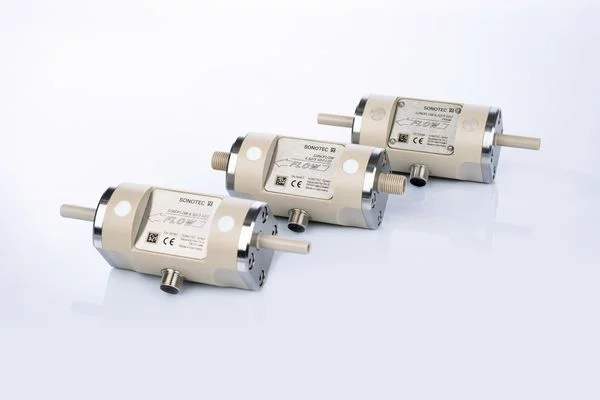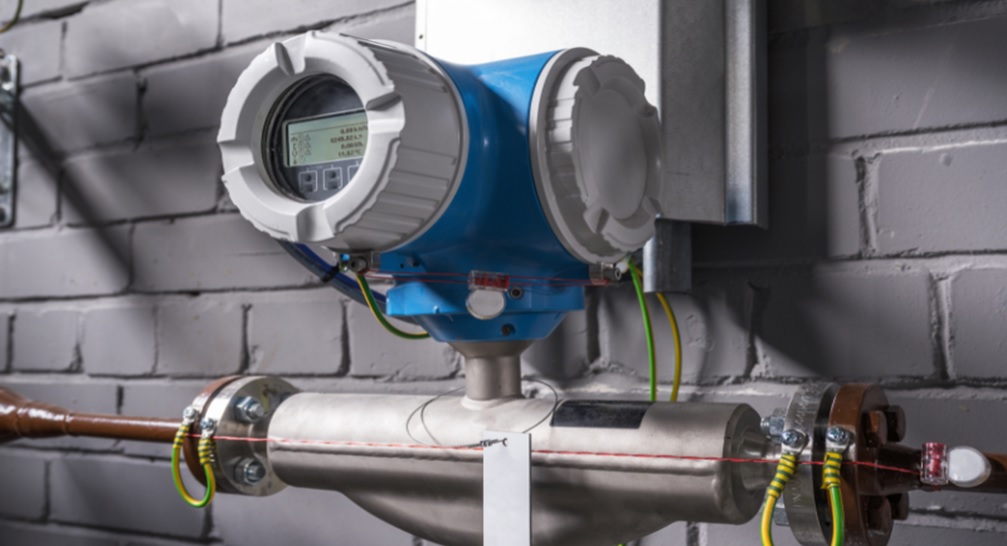In the rapidly evolving landscape of fluid measurement, an ultrasonic flow meter in Singapore has emerged as an example of innovative technology. These devices offer accuracy, efficiency, and versatility, making them ideal for various applications. This article explores essential aspects of ultrasonic flow meters, highlighting their benefits and significance in fluid measurement.
Understanding Ultrasonic Flow Meters
Ultrasonic flow meters operate on the principle of measuring the velocity of a fluid using sound waves. By sending ultrasonic signals through the fluid, these devices determine flow rates based on the time it takes for the signals to travel between sensors. This non-invasive measurement technique ensures minimal disruption to the flow system, making ultrasonic flow meters a preferred choice in various industries.
Applications in Singapore
In Singapore, ultrasonic flow meters are widely used in water management, manufacturing, and energy sectors. These devices play a crucial role in monitoring water consumption and ensuring the efficiency of water distribution systems. In industrial settings, they help optimise processes by providing accurate flow data, which can be vital for quality control and resource management.
Key Advantages of Ultrasonic Flow Meters
One of the primary benefits of ultrasonic flow meters is their high accuracy. They provide reliable measurements across flow conditions, making them suitable for different fluids, including water and chemicals. Additionally, they require little maintenance compared to traditional water flow meters in Singapore, reducing operational costs. Their ability to function without moving parts further enhances their reliability and longevity.

Integration with Smart Technologies
As Singapore embraces smart technology, ultrasonic flow meters have begun to integrate with digital systems for enhanced data analysis and monitoring. Many modern devices can connect to the Internet of Things (IoT), allowing real-time data tracking and remote management. This connectivity facilitates better decision-making and operational efficiency, aligning with Singapore’s vision of becoming a smart nation.
Regulatory Compliance
In industries such as water treatment and manufacturing, regulatory compliance is paramount. Ultrasonic flow meters help organisations meet local and international standards by providing accurate flow data that can be audited. The reliability of these devices ensures that companies can demonstrate adherence to environmental and safety regulations, protecting both their reputation and the community.
Cost-Effectiveness
While the initial investment in ultrasonic flow meters may be higher than traditional flow measurement devices, their long-term cost-effectiveness is undeniable. The reduced maintenance requirements, increased accuracy, and longevity of these meters lead to lower operational costs over time. Additionally, the ability to make informed decisions based on precise data can result in significant savings in resource management.
Non-Invasive Measurement
One of the standout features of ultrasonic flow meters in Singapore is their non-invasive measurement capability. By clamping onto the outside of a pipe, these devices can measure flow rates without requiring any alterations to the existing system. This non-intrusive approach minimises installation costs and downtime, making it an attractive option for industries looking to upgrade their flow measurement solutions.
Types of Ultrasonic Flow Meters
A transit-time and Doppler are two types of flowmeters. Transit-time flow meters gauge the time variation between ultrasonic signals sent upstream and those received downstream. They are ideal for clean liquids and provide high accuracy. Conversely, Doppler flow meters work well with liquids containing suspended particles or bubbles. Each type serves specific applications, allowing users to choose the most suitable option for their needs.
Future Trends in Flow Measurement
As technology advances, the future of fluid measurement in Singapore looks promising. The integration of artificial intelligence and machine learning with ultrasonic flow meters will likely enhance their capabilities. Predictive analytics can provide insights into flow patterns, enabling proactive maintenance and optimised resource allocation. As industries strive for greater efficiency, ultrasonic flow meters will remain at the forefront of innovation in fluid measurement.
Ultrasonic flow meters represent a significant advancement in fluid measurement technology. Their accuracy, non-invasive operation, and adaptability make them ideal for applications in Singapore. As industries continue to evolve and embrace smart technologies, these devices will ensure efficient and effective fluid measurement.
For more information about ultrasonic flow meter solutions, contact Ansac Technology today.

